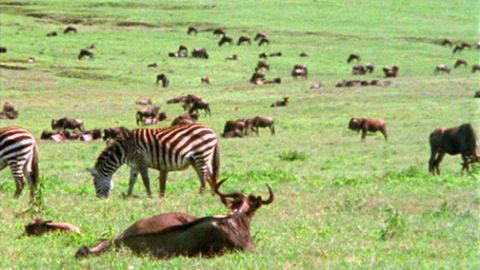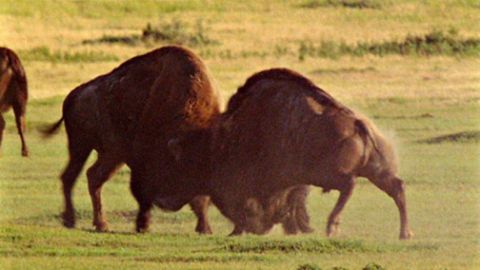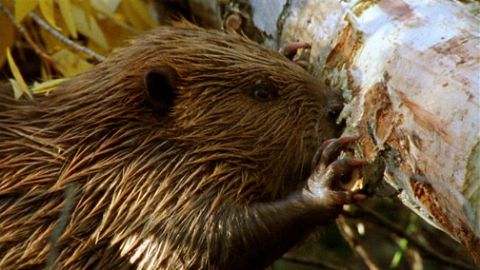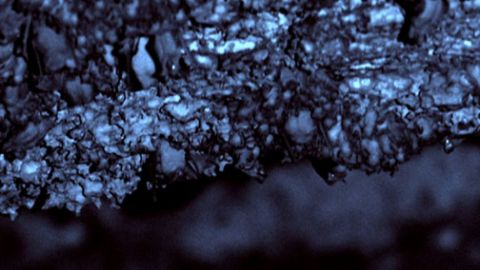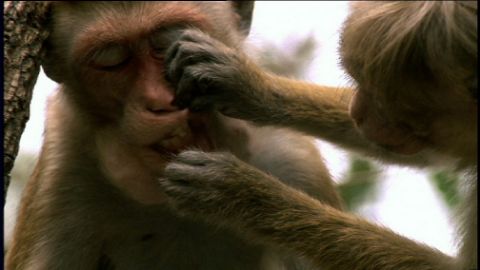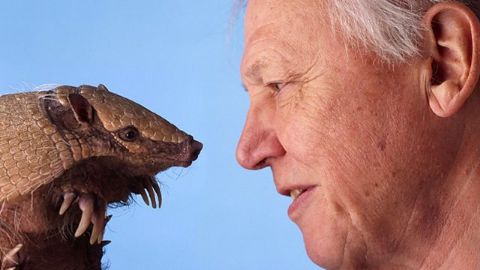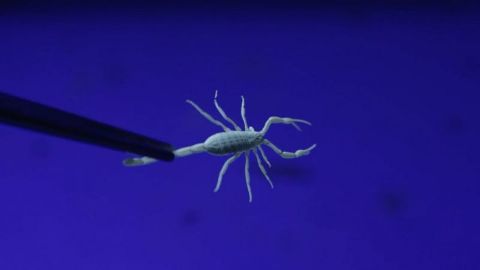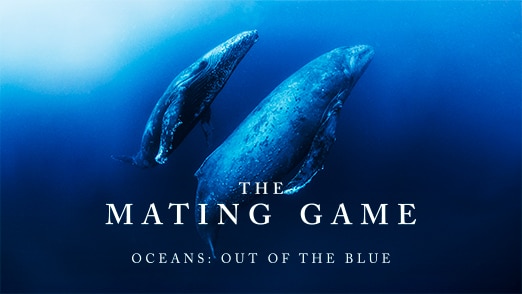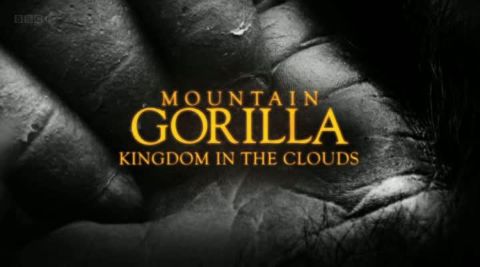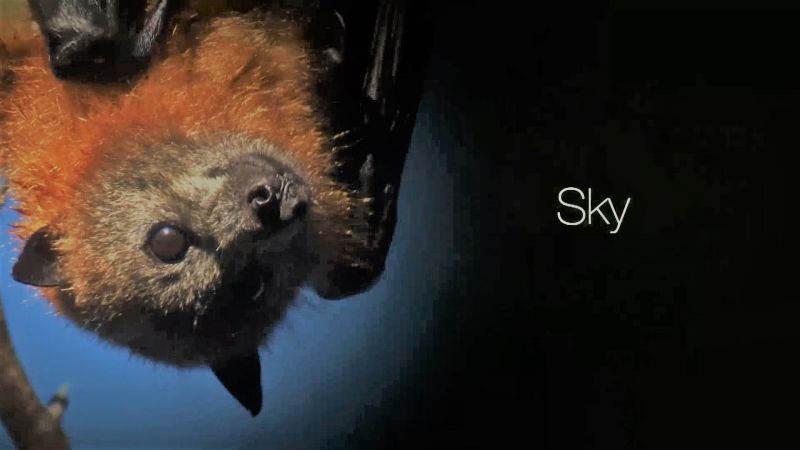Food for Thought • 2008 • episode "S1E10" • The Life of Mammals
David Attenborough concludes his documentary series with a programme about our closest animal relatives, the intelligent great apes, and finds out how their large brains enabled one of their kind, an upright ape, to go on to dominate the planet. David travels to the forests of Borneo to meet a remarkable orangutan with a passion for DIY and a talent for rowing boats. He shifts continent to Africa and takes part in a special nut-cracking lesson with a group of chimps learning survival skills. He discovers how food - and the ways apes find it - has been key to the evolution of our large brains.
Make a donation
Buy a brother a hot coffee? Or a cold beer?
Hope you're finding these documentaries fascinating and eye-opening. It's just me, working hard behind the scenes to bring you this enriching content.
Running and maintaining a website like this takes time and resources. That's why I'm reaching out to you. If you appreciate what I do and would like to support my efforts, would you consider "buying me a coffee"?
Donation addresses
BTC: bc1q8ldskxh4x9qnddhcrgcun8rtvddeldm2a07r2v
ETH: 0x5CCAAA1afc5c5D814129d99277dDb5A979672116
With your donation through , you can show your appreciation and help me keep this project going. Every contribution, no matter how small, makes a significant impact. It goes directly towards covering server costs.
